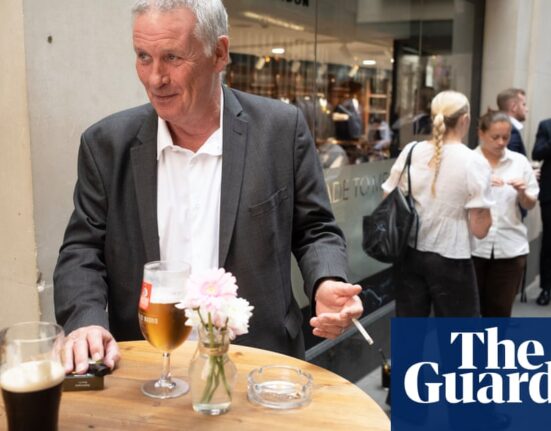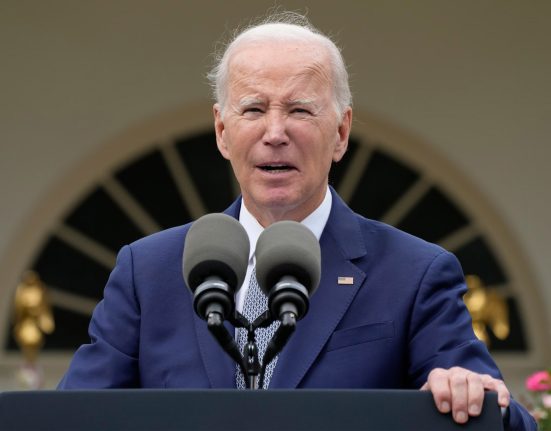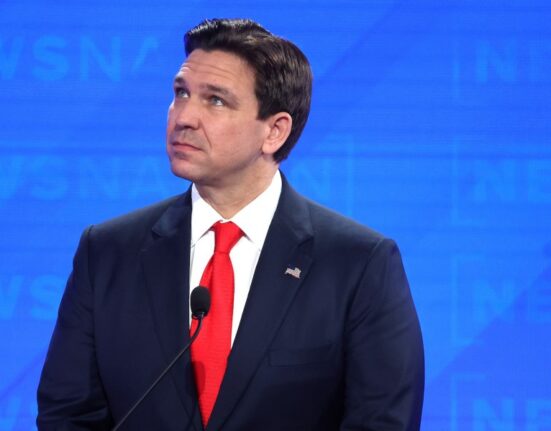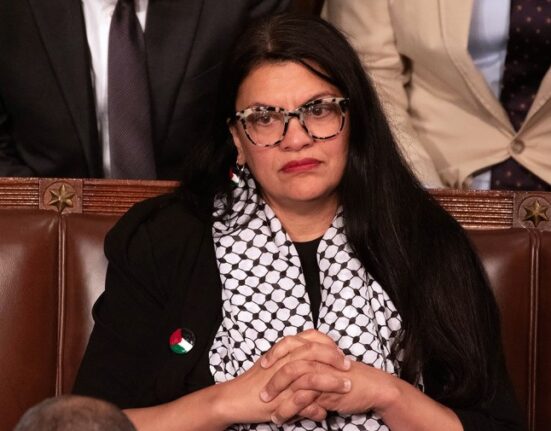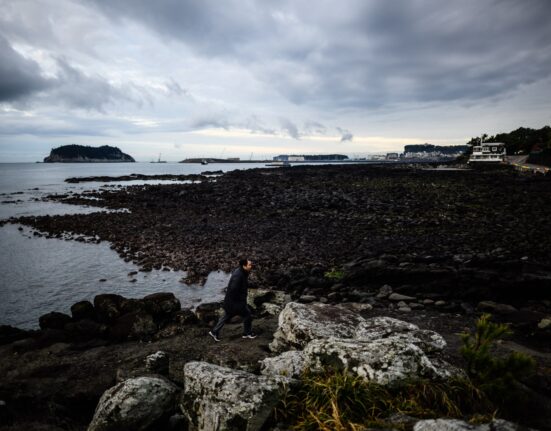In the mid-80s, I took part in a small film that showed the plight of people forced to sleep rough in “cardboard city” on the South Bank. I was deeply moved by the testimonies of those living there, and now, 40 years later, that empathy has turned to anger as successive governments have failed to deliver enough social housing and bring down homelessness.
It’s vital that our next government acknowledges the housing crisis and the people being pushed into becoming homeless. How are the parties going to address these twin crises? I put a series of questions to Rishi Sunak, Keir Starmer and Ed Davey on how they plan to build more housing and tackle homelessness should they form the next government.
Starmer sees a new cross-government strategy as key, alongside reforms to the private rented sector and building more social housing; he plans to get to work “right away” on the “shocking” rise in homelessness. For Davey, success means “ending rough sleeping within the next parliament”, with a new, clear strategy, and scrapping the archaic Vagrancy Act of 1824, which criminalises rough sleeping. Sunak says that he has a “clear plan to reduce homelessness”. By cutting taxes, he intends to support families with the cost of living, while delivering more affordable homes through the local authority housing fund. With 1.3 million households waiting for a social home in England, it’s clear we are facing a chronic shortage. That’s why Crisis is calling for 90,000 social homes to be built every year, for the next 15 years, so everyone can access a safe home.
Starmer states he will deliver “the biggest increase in social and affordable housebuilding in a generation”, by reforming the affordable homes programme (AHP), making it more flexible, working with local councils and housing associations so they can “deliver directly where that makes sense”. Sunak says he is committed to delivering more social housing by renewing the AHP, with similar flexibility, and regenerating housing estates. Davey pledges to build 150,000 social homes a year and introduce “rent to own”, in which rent payments give tenants an increasing stake in the property. Sunak plans to keep right to buy so that “council tenants have the opportunity to get their foot on to the housing ladder” – although we are losing more social homes than we are building. All three leaders plan to support renters through reforming renting legislation.
To end homelessness we need more affordable homes. I grew up in a bungalow in the small Welsh village of Carmel. My abiding memory of home is age three, sitting on my mother’s knee in the kitchen while Listen with Mother played on the radio. I felt comforted and secure – something that now feels like a privilege when nearly 150,000 children in England alone are growing up in unsuitable temporary accommodation. These children have no space to play or do homework. Where their parents must heat food on a radiator or cook in a kettle. They are being robbed of a childhood – it will affect future generations if we don’t see change.
For Starmer, home means “security and opportunity”. His childhood “pebble-dashed semi” gave him a “springboard [for] everything I’ve gone on to do”. Sunak is reminded of his family, and his grandparents, “who came to this country with very little, and two generations later their grandson is the prime minister”. Davey speaks of making “loved ones feel safe… the base on which people build their lives”. Sunak says that memories spent with friends and family – playing cricket or watching football – remind him of home “more than any film or TV show”. Starmer has fond memories of his father, who was a toolmaker, playing classical music on the radio, which has had an “enduring impact” on him – he still listens to classical music to unwind today. Davey reminisces about his first colour TV and sitting with his mother when she was ill, watching her favourite dramas.
A safe, secure home should be considered a basic foundation – not a luxury. This election could be a choice over who is best trusted to deliver the affordable homes we need – and how they plan to end homelessness for good.
after newsletter promotion




